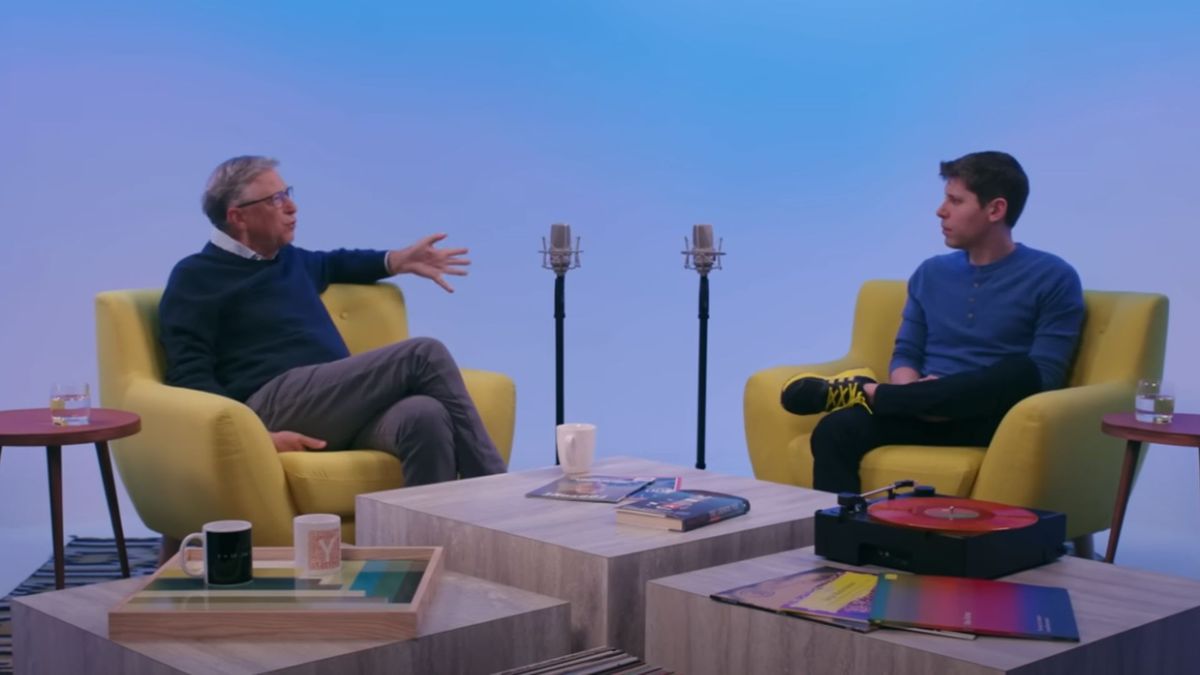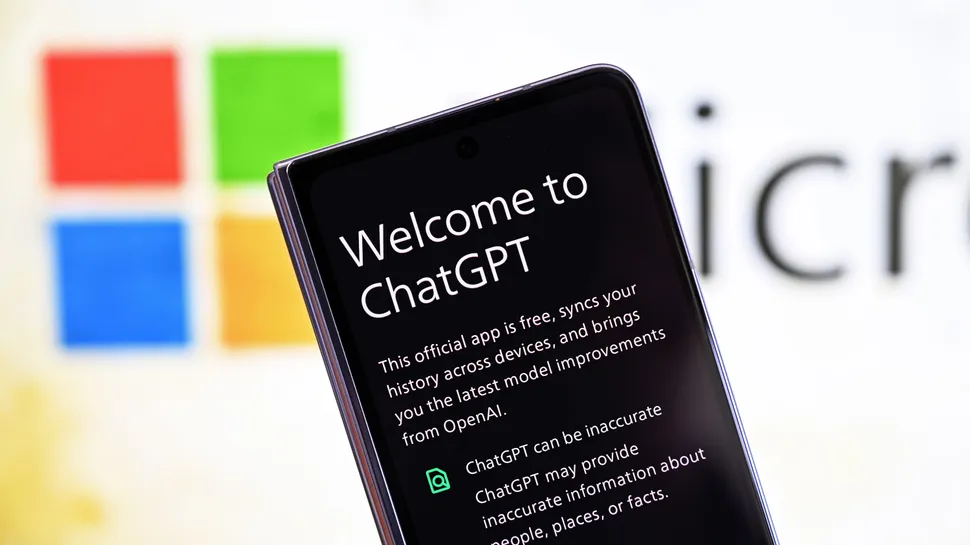We’re launching the GPT Store to help you find useful and popular custom versions of ChatGPT.
openai.com
Introducing the GPT Store
We’re launching the GPT Store to help you find useful and popular custom versions of ChatGPT.
Quick links
January 10, 2024
Announcements,
Product
It’s been two months since we
announcedGPTs, and users have already created over 3 million custom versions of ChatGPT. Many builders have shared their GPTs for others to use. Today, we're starting to roll out the GPT Store to ChatGPT Plus, Team and Enterprise users so you can find useful and popular GPTs. Visit chat.openai.com/gpts to explore.
Discover what’s trending in the store
The store features a diverse range of GPTs developed by our partners and the community. Browse popular and trending GPTs on the community leaderboard, with categories like DALL·E, writing, research, programming, education, and lifestyle.
New featured GPTs every week
We will also highlight useful and impactful GPTs. Some of our first featured GPTs include:
- Personalized trail recommendations from AllTrails
- Search and synthesize results from 200M academic papers with Consensus
- Expand your coding skills with Khan Academy’s Code Tutor
- Design presentations or social posts with Canva
- Find your next read with Books
- Learn math and science anytime, anywhere with the CK-12 Flexi AI tutor
Include your GPT in the store
Building your own GPT is simple and doesn't require any coding skills.
If you’d like to share a GPT in the store, you’ll need to:
- Save your GPT for Everyone (Anyone with a link will not be shown in the store).
- Verify your Builder Profile (Settings → Builder profile → Enable your name or a verified website).
Please review our latest
usage policies and
GPT brand guidelines to ensure your GPT is compliant. To help ensure GPTs adhere to our policies, we've established a new review system in addition to the existing safety measures we've built into our products. The review process includes both human and automated review. Users are also
able to report GPTs.
Builders can earn based on GPT usage
In Q1 we will launch a GPT builder revenue program. As a first step, US builders will be paid based on user engagement with their GPTs. We'll provide details on the criteria for payments as we get closer.
Team and Enterprise customers can manage GPTs
Today, we announced our new
ChatGPT Team plan for teams of all sizes. Team customers have access to a private section of the GPT Store which includes GPTs securely published to your workspace. The GPT Store will be available soon for
ChatGPT Enterprise customers and will include enhanced admin controls like choosing how internal-only GPTs are shared and which external GPTs may be used inside your business. Like all usage on ChatGPT Team and Enterprise, we do not use your conversations with GPTs to improve our models.
Explore GPTs at
chat.openai.com/gpts.
Explore GPTs
 if y'all haven't please install the Copilot app, send it a vague image from your phone and ask it analyze it
if y'all haven't please install the Copilot app, send it a vague image from your phone and ask it analyze it




if y'all haven't please install the Copilot app, send it a vague image from your phone and ask it analyze it








 www.windowscentral.com
www.windowscentral.com


